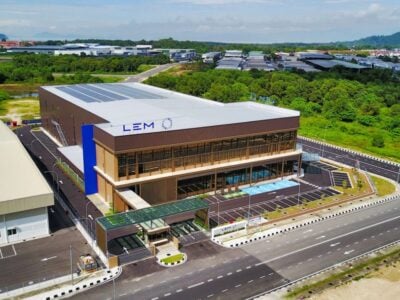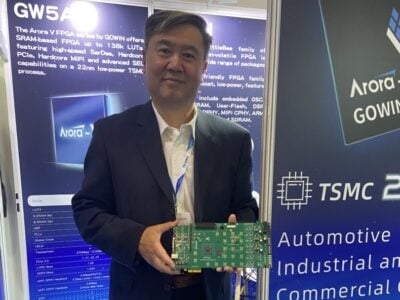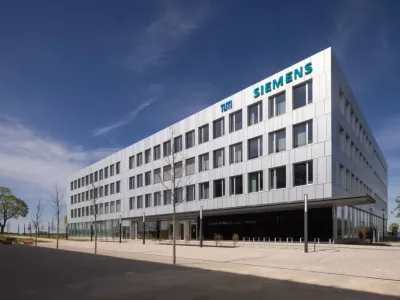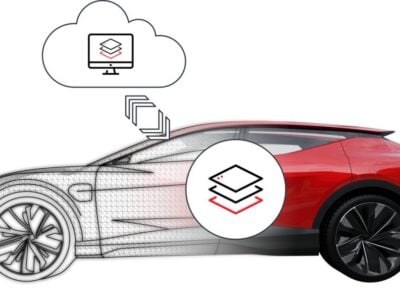
Samsung looks to join consortium to buy ARM
ARM licensee Samsung will try to participate in a bid in the form of equity investment as part of consortium in which it will hold a minority, the report said referencing an unnamed senior semiconductor official in South Korea. In other reports GPU vendor Nvidia Inc., is said to be in talks to acquire ARM.
The same official said Nvidia would fail to buy ARM because it would be unable to achieve approval from any of the fair trade and antitrust regulatory authorities in the US, Europe, Japan, China and Korea. The official also said Nvidia lacks the financial muscle to achieve the $40 billion plus price that ARM’s parent, SoftBank Group, is seeking.
“Samsung Electronics is considering acquiring small stakes in Arm, which will be between 3 percent and 5 percent,” the reported quoted the top industry official, as saying. “Arm will be acquired by a consortium led by multiple parties from the semiconductor industry given the complex nature of Arm’s shareholding structure.”
There would be similarities in such a move to the way in which Samsung, TSMC and Intel all took stakes in lithography equipment vendor ASML Holding NV in 2012. This investment was used to fund the development of extreme ultraviolet lithography equipment and effectively reduced the cost for the main interested parties.
ARM supplies most of the world’s top chip makers with the basic architecture of computation as well as particular processor implementations. However, much of the company’s success is due to the fact that is independent of all of them. A purchase by any single chip company would create a near monopoly advantage for the acquirer and a major disadvantage for the rest of the industry, which might then be prompted to move away from using ARM IP and towards an alternative such as RISC-V.
Next: Who could be in?
Other potential consortium members could include Cadence, Synopsys and Rambus, who all license IP and have a similar business model to ARM.
Nonetheless it has been reported that Nvidia is in talks to buy ARM in a cash-and-stock deal that would value ARM at more than the $32 billion SoftBank paid for ARM in 2016. A deal would allow Nividia to expand from the data center, where it has been successful selling GPUs for artificial intelligence applications in recent years, into mobile phones and desktop computing.
One of the biggest blocks on any resolution of the situation, is that ARM is in dispute with Allen Wu, who had led ARM China. Wu has been sacked but has refused to leave his post.
ARM owns only 49 percent of its China subsidiary but that joint venture is supplying half of ARM’s revenues, according to some estimates. ARM’s inability to control its subsidiary casts doubt and uncertainty on valuation of the company and any desirability to own it.
 If you enjoyed this article, you will like the following ones: don't miss them by subscribing to :
eeNews on Google News
If you enjoyed this article, you will like the following ones: don't miss them by subscribing to :
eeNews on Google News




